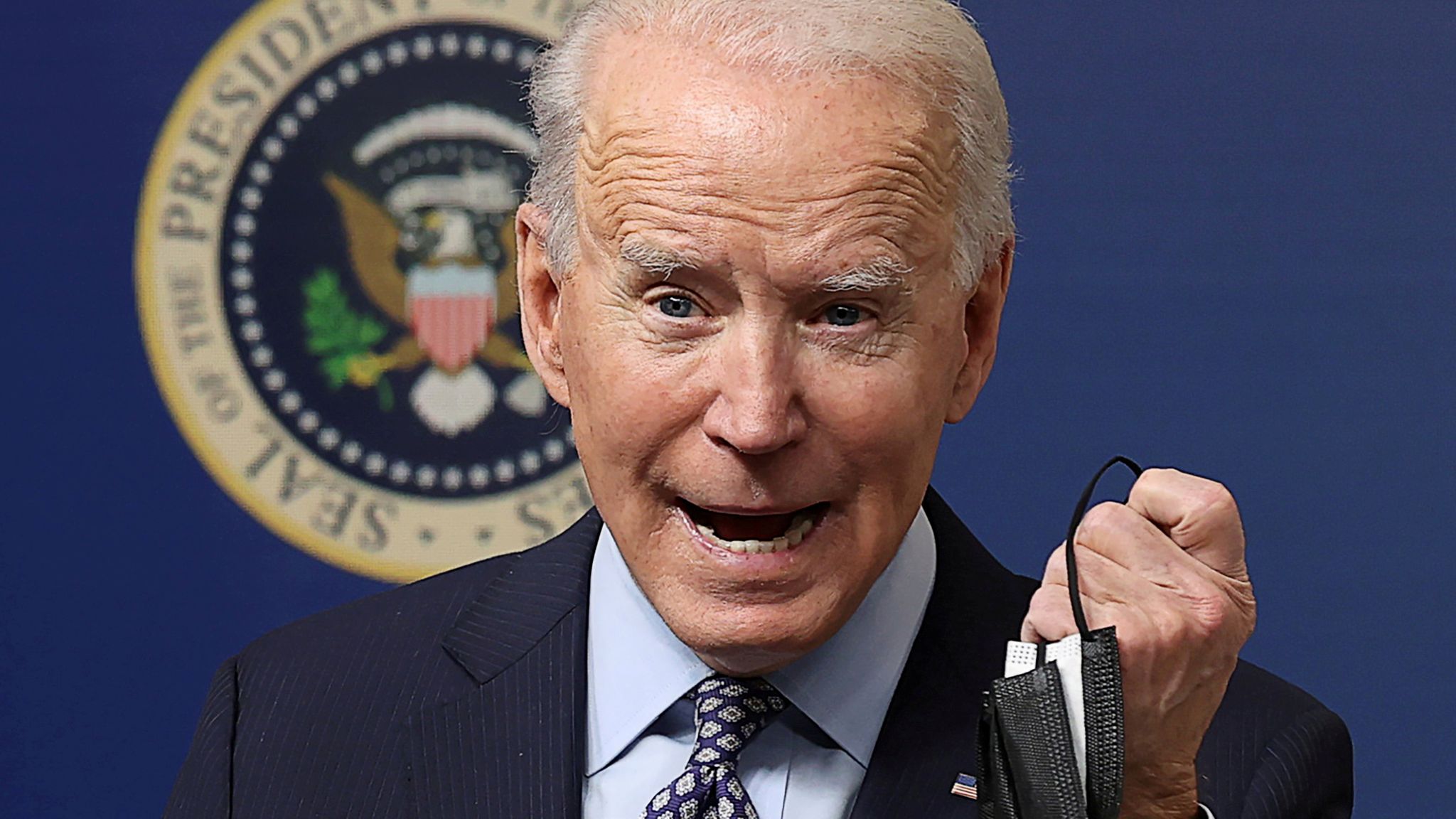Biden Administration Prepares AI Chip Export Restrictions to Limit Access for Adversaries
09.01.2025 20:00 2 min. read Kosta Gushterov
In the final days of his presidency, Joe Biden’s administration is preparing new export restrictions on AI chips, including those produced by Nvidia, as part of a broader effort to control the global spread of cutting-edge technology.
These regulations focus on limiting access to AI chips, particularly for countries like China and Russia, aiming to prevent them from leveraging advanced U.S. technology for their own AI development.
Sources suggest that the goal is to bolster AI growth in U.S.-aligned nations and ensure global companies adhere to American standards. The restrictions will target chip exports by categorizing countries into three tiers, based on their alignment with U.S. interests. While close allies like those in North America, Western Europe, and Japan will see little interference, countries in the Middle East, Russia, and China will face tighter controls.
This move is part of a broader strategy to maintain U.S. dominance in semiconductor technology, especially as the demand for AI chips surges worldwide. However, some industry players, like Nvidia, have expressed concerns that these measures could harm U.S. economic interests and weaken its leadership in the global tech market.
They argue that restricting exports won’t address the core issue of AI misuse and could limit the U.S.’s ability to capitalize on growing opportunities in the field.
Meanwhile, the Semiconductor Industry Association (SIA) has voiced opposition to the hasty policy changes, especially during a transition period between administrations. With the U.S. maintaining a leading edge in chip production, these new export controls aim to further limit access to AI model weights, crucial for processing data and making decisions, reinforcing America’s grip on key AI technologies.
-
1
Here is Why the Fed May Cut Rates Earlier Than Expected, According to Goldman Sachs
08.07.2025 15:00 2 min. read -
2
What Brian Armstrong’s New Stats Reveal About Institutional Crypto Growth
29.06.2025 15:00 2 min. read -
3
Donald Trump Signs “One Big Beautiful Bill”: How It Can Reshape the Crypto Market
05.07.2025 9:56 2 min. read -
4
Market Odds of a U.S. Recession in 2025 Drop in Half Since May
05.07.2025 18:30 2 min. read -
5
Vitalik Buterin Warns Digital ID Projects Could End Pseudonymity
29.06.2025 9:00 2 min. read
BitGo Files Confidentially for IPO With SEC
BitGo Holdings, Inc. has taken a key step toward becoming a publicly traded company by confidentially submitting a draft registration statement on Form S-1 to the U.S. Securities and Exchange Commission (SEC).
Crypto Greed Index Stays Elevated for 9 Days — What it Signals Next?
The crypto market continues to flash bullish signals, with the CMC Fear & Greed Index holding at 67 despite a minor pullback from yesterday.
U.S. Public Pension Giant Boosts Palantir and Strategy Holdings in Q2
According to a report by Barron’s, the Ohio Public Employees Retirement System (OPERS) made notable adjustments to its portfolio in Q2 2025, significantly increasing exposure to Palantir and Strategy while cutting back on Lyft.
Key Crypto Events to Watch in the Next Months
As crypto markets gain momentum heading into the second half of 2025, a series of pivotal regulatory and macroeconomic events are poised to shape sentiment, liquidity, and price action across the space.
-
1
Here is Why the Fed May Cut Rates Earlier Than Expected, According to Goldman Sachs
08.07.2025 15:00 2 min. read -
2
What Brian Armstrong’s New Stats Reveal About Institutional Crypto Growth
29.06.2025 15:00 2 min. read -
3
Donald Trump Signs “One Big Beautiful Bill”: How It Can Reshape the Crypto Market
05.07.2025 9:56 2 min. read -
4
Market Odds of a U.S. Recession in 2025 Drop in Half Since May
05.07.2025 18:30 2 min. read -
5
Vitalik Buterin Warns Digital ID Projects Could End Pseudonymity
29.06.2025 9:00 2 min. read


